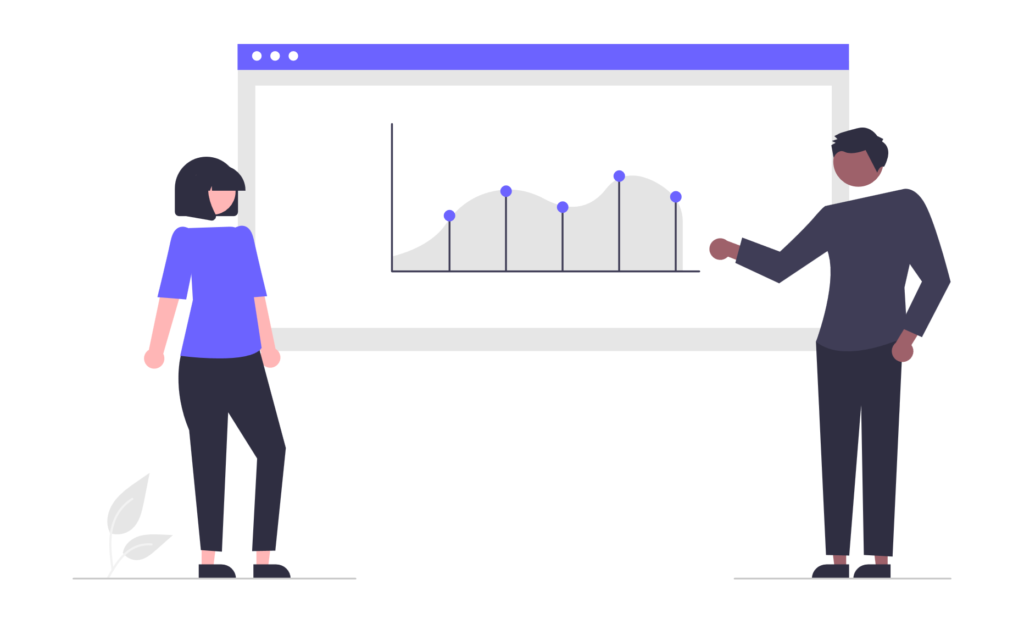
MarCloud ERP System for Marketing

MarCloud ERP System for Marketing
In today’s competitive business landscape, marketing teams need efficient tools to manage campaigns, track customer engagement, and optimize sales funnels. A Cloud ERP system designed specifically for marketing ensures seamless collaboration, data-driven decision-making, and automation of key marketing processes—all within a single platform.

Why Choose a Cloud ERP System for Marketing?
Traditional marketing tools often require businesses to use multiple applications for different tasks—email campaigns, social media management, lead tracking, and analytics. This not only increases costs but also creates data silos that make decision-making difficult. A Cloud ERP system integrates all marketing functions into a unified platform, eliminating inefficiencies and enhancing productivity.
Key Features of a Cloud ERP System for Marketing
1. Lead Management & Conversion
Nurture leads with automated follow-ups, targeted content, and personalized communication to improve conversion rates. Capture leads through various channels such as websites, social media, email marketing, and events. Automatically qualify and segment leads based on behavior, demographics, or engagement levels.


2. Multi-Channel Marketing Automation
Track customer interactions and adjust campaigns dynamically based on real-time data. Plan and execute marketing campaigns across multiple platforms, including email, SMS, social media, and search engines. Automate workflows such as lead scoring, follow-up emails, and re-engagement strategies.
3. Email & Newsletter Management
Monitor open rates, click-through rates, and conversion rates with detailed analytics. Design professional email templates using a drag-and-drop builder. Schedule and automate email campaigns to reach the right audience at the right time.


4. Social Media Marketing & Engagement
Analyze social media performance with detailed reports on audience reach, shares, and interactions. Schedule and publish content across various social media platforms from a single dashboard. Engage with followers, respond to inquiries, and track engagement levels.
5. Analytics & Performance Tracking
Make data-driven decisions to optimize future marketing strategies. Gain insights into marketing performance with real-time dashboards and reports. Measure key performance indicators (KPIs) such as ROI, customer acquisition cost (CAC), and conversion rates.


6. Integration with Sales & Customer Relationship Management (CRM)
Personalize customer interactions based on historical data and behavioral insights. Seamlessly connect marketing efforts with sales pipelines to improve customer acquisition and retention. Ensure marketing and sales teams have access to the same data for better collaboration.
Benefits of Using a Cloud ERP for Marketing
Cloud Accessibility: Access marketing data and tools from anywhere, ensuring flexibility for remote teams.
Cost Savings: Eliminate the need for multiple marketing tools and reduce software subscription costs.
Improved Efficiency: Automate repetitive tasks, saving time and allowing marketers to focus on strategy.
Better Customer Targeting: Use data analytics to create highly targeted campaigns that yield better results.
Scalability: Adapt to growing business needs by expanding marketing efforts without additional infrastructure costs.
